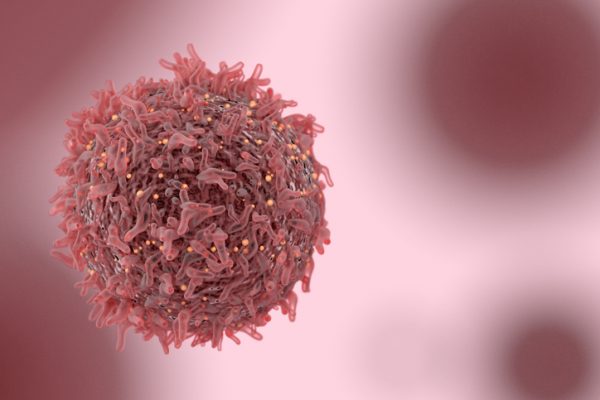
The Food and Drug Administration has granted accelerated approval to a drug for multiple myeloma that is the first of its kind.
London-based GlaxoSmithKline said Thursday that the FDA had approved the drug Blenrep (belantamab mafodotin-blmf) in patients who have received at least four prior lines of therapy for multiple myeloma, which is the second most common blood cancer in the world. The drug is the first approved treatment that targets the antigen BCMA.

Unlocking Transparency in PBM Pricing
The TSX Venture Exchange has a strong history of helping early-stage health and life sciences companies raise patient capital for research and development.
Shares of GSK were down nearly 1.5% on the London Stock Exchange when the market closed.
The decision comes a little over three weeks after the FDA’s Oncology Drugs Advisory Committee voted unanimously that data from the Phase II DREAMM-2 study of Blenrep supported approval. The July 14 vote was in spite of concerns that the FDA had expressed about the drug in briefing documents posted ahead of the AdCom meeting, particularly with regard to ocular toxicity, which led to skepticism about its risk-benefit profile. The drug is an antibody-drug conjugate, which consists of a monoclonal antibody targeting BCMA with a cytotoxic pharmaceutical agent attached via a linker.
The drug’s prescribing information includes a boxed warning for ocular toxicity, particularly dry eyes and blurred vision, resulting from changes to the corneal epithelium.
However, Dr. Sagar Lonial, DREAMM-2 principal investigator and chief medical officer at the Winship Cancer Institute of Emory University in Atlanta, wrote in an emailed statement that the concerns were mainly because the ocular toxicity is not common for multiple myeloma patients and their doctors, and many other approved drugs have similar side effects.

Using Informed Awareness to Transform Care Coordination and Improve the Clinical and Patient Experience
This eBook, in collaboration with Care Logistics, details how hospitals and health systems can facilitate more effective decision-making by operationalizing elevated awareness.
“And so partnership with ophthalmology is key for minimizing the patient discomfort and for trying to keep patient on therapy to see if they can get benefit from this treatment when few other options are available,” Lonial wrote.
Blenrep is only the first of numerous multiple myeloma therapies in development that target BCMA, an antigen widely expressed in the disease. The next product most likely to win approval is bluebird bio and Bristol-Myers Squibb’s CAR-T cell therapy idecabtagene vicleucel, which nevertheless hit a speed bump in May when the FDA responded to their approval application with a refuse-to-file letter that requested additional documentation related to chemistry, manufacturing and controls. The companies refiled their approval application for the CAR-T last week.
Two other CAR-T therapies targeting BCMA are advancing in development as well, including BMS’ own in-house candidate, orvacabtagene autoleucel, for which Phase I/II data were presented at the American Society of Clinical Oncology’s meeting in early June. Also presented at the ASCO meeting were Phase Ib/II data on JNJ-4528, the CAR-T developed by Johnson & Johnson and in-licensed from a Chinese firm, Legend Biotech. Meanwhile, J&J and Amgen are developing BCMA-targeting bispecific antibodies, which work by targeting BCMA on the surface of multiple myeloma cells and CD3 on the target of T-cells, thereby directing the latter to target and attack the former.
“One advantage for belantamab mafodotin is that it is immediately available and doesn’t require hospitalization, so this is an option that many patients may have access to and need in the context of refractory myeloma,” Lonial wrote.
On the other hand, he wrote, it is not clear that the BCMA-targeting therapies are mutually exclusive, and it could be possible for patients to receive all three modalities. BMS’ orvacabtagene autoleucel trial, for example, is enrolling patients with prior exposure to BCMA-targeting therapies.
UPDATE: This story has been updated to include comments from Dr. Sagar Lonial, principal investigator in the DREAMM-2 clinical trial of Blenrep.
Photo: CGToolbox, Getty Images












